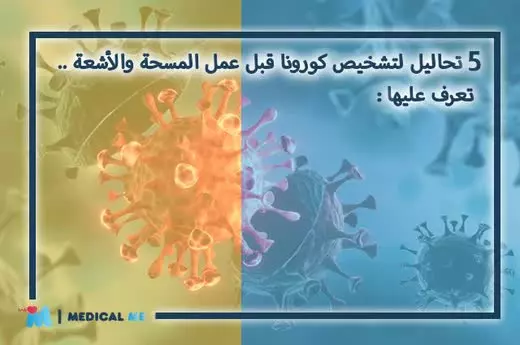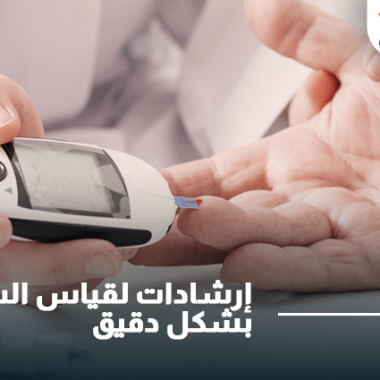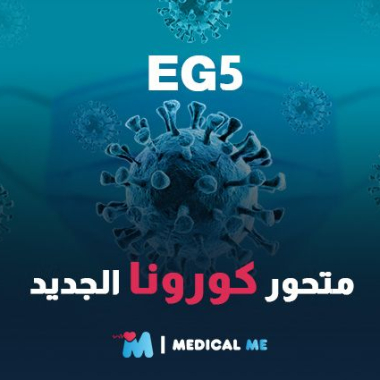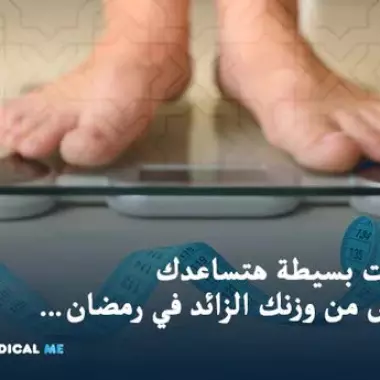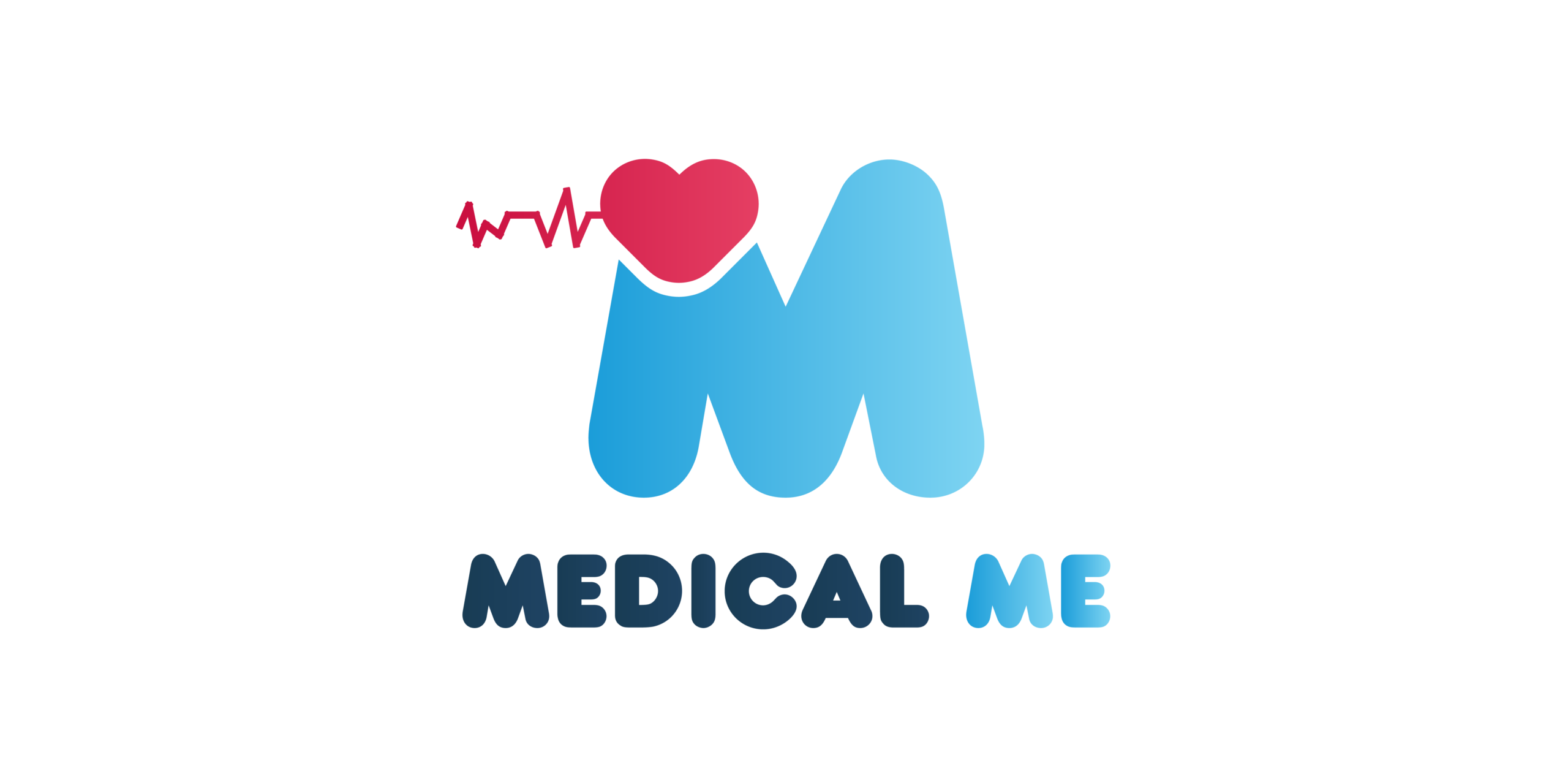ِAll about coronavirus tests and their expected results
These days we all ask about coronavirus tests to ensure our safety.
Everyday we all discuss it’s updates and follow all the latest news talking about the virus mutation and numbers of patients with sorrow waiting for the good news about the number of people who conquered it.
One day we may feel sick, have a headache, our temperature gets a bit higher and we get an itchy throat. So, we start to hesitate and ask is it a sore throat or a coronavirus infection or just a common cold?
It became a nightmare catching us or our beloved persons.
That’s why coronavirus tests are so important to prove beyond the shadow of doubt.
There are some tests that our physicien will ask us to perform that help in diagnosing a coronavirus infection.

Basic coronavirus Tests
First of all the doctor assess the overall status and symptoms combined then he asks for,
1- Complete blood count (CBC):
As mentioned in its name, It is a detailed view of the blood cells and we can suspect coronavirus infection by finding lymphocytopenia which means low count of lymphocytes compared to the expected count from it; as it is part of the immune system and normally it increases facing any infection or inflammation.
Also in some severe cases platelet count is affected too reflecting a chance of blood clotting.
So in such severe cases we need more tests to accurately assess the case and that leads us to
2- D-dimer test:
D-dimer is a protein naturally resulting from febrin decomposition which is a significant sign of a clot formation somewhere in the bloodstream.
Note: In cases of liver diseases and cancer D-dimer increases; So with these patients D-dimer result is not a clear sign of coronavirus.
3- Ferritin:
It is a measure of the Iron stock in the body, and normally the body tends to increase the Iron stock while feeling danger, so finding ferritin in high level in blood is a red flag that the body is facing an inflammation, So that combined with other symptoms of corona the patient faces could be a sign of coronavirus infection.
4- C- Reactive protein (CRP):
That protein that the liver produces is a non-selective inflammation mark, but seeing a high level of it reflects huge inflammation.
5- Lactate dehydrogenase enzyme (LDH):
It is naturally found in lung, heart, brain, blood and kidney tissues. It is responsible for producing energy by sugar consumption. A high amount of it in blood indicates severe tissue injury and an alert to check vital organs damage.
6- Computed tomography(CT) chest scan:
To have a full view of the case doctors should have a closer look at the lungs. In cases of coronavirus infection, although lungs will remain in their normal size, crystal non-clear dots will significantly appear. These dots are the fluid-filled lung alveoli resulting in decreased amount of air blown into the lung with each breath which means low oxygen supply!
That clears up why some severe cases described their feeling like they were drowning; because of these fluids in their lungs. That leads us to the well known and the most significant test for coronavirus which is:
The polymerase chain reaction (PCR)
A lab technique that detects the genetic material of the virus. It has two ways to be done either by a nasopharyngeal swab or from the sputum itself or the more accurate one by blood sample.
The positive result of that test is very reliable and for sure indicates the infection while it’s negative result has a 37% error ratio to be a false negative result.
Yet still it is the most accurate way (till now) making the negative result a green card to travel between countries.
PCR places (to-be-done) and cost
It ranges between 1200 to 2000 EGP in different labs and they even provide a test at home service. While it’s official cost is between the same average 1200 at the official Central Public Health Laboratories that follows the Egyptian ministry of health, you should bring your passport and national ID to perform the test there.
And here are a list of the branches of these labs that are certified by the Egyptian ministry of health:
- Cairo (Abbasid Fever Hospital-Heliopolis Hospital-Cairo liver institute-Al Kahira Al Fatimia).
- Giza (Imbaba Fever Hospital).
- Sohag (Akhmim Central Hospital).
- Bani Sweif (Central laboratory in Beni Suef).
- Port Said (Port Said Fever Hospital).
- South of Sinaa (Al-Tor General Hospital-Sharm El Sheikh International Hospital).
- Damietta (Damietta Fever Hospital).
- Asyut (Asyut Chest Diseases Hospital).
- Luxor (Luxor Fever Hospital).
- Beheira (Central laboratory in Damanhour).
- Gharbia (Tanta Fever Hospital).
- Dakahlia (Dakahlia Central Lab).
- Sharkia Central laboratory in sharkia).
- Fayoum (Fayoum General Hospital).
- Menoufia (Shebin El-Kom Fever Hospital).
- Minya (Gerahat el-youm el wahed Samalut).
- Alexandria (Alexandria Fever Hospital).
- The Red Sea (The central laboratory in Hurghada).
- Ismailia (Ismailia Fever Hospital).
- Kafr El-Sheikh (Al-Zafarana Hospital).
- Aswan (Aswan Fever Hospital).
- Beheira (Central laboratory in Damanhour).
Conclusion
In that article we discussed the most important tests and checks to diagnose the infection by coronavirus and they are: complete blood count (CBC), D-dimer analysis, Ferritin test, CRP test, LDH test and if the case demanded a CT chest scan and what should we see in it’s result, Also the PCR test, it’s cost and where to perform it.
